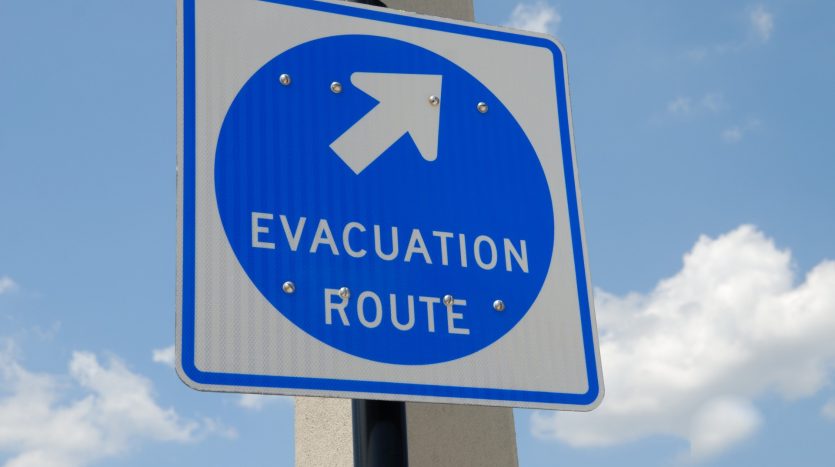First and foremost, we at TLG send our thoughts and prayers to those affected by the devastation caused by Hurricane Harvey this past week and we continue to stand strong with our fellow Floridians as we face upcoming Hurricane Irma. Our hope with this article is to inform the public and ideally prepare our fellow real estate professionals and tenants for the upcoming storms.
Although residential will take a majority of the damage, commercial spaces will be vulnerable and brokers must be aware of the situation in order to hedge the negative impacts.
- Housing market will tighten as supply is depleted due to water damage, thus increasing the rent in unaffected areas.
- Office and retail will be hurt due to power outages, possible flooding, and lack of consumer traffic.
- Certain commercial properties such as self storage and multifamily housing have historically done well in times of natural disasters.
- Hotels will have mixed responses depending on the location. Many will see an increase in displaced persons, FEMA workers, and out of town contractors; but will have a sharp drop off in tourism and normal business related visitors.
- Many landlords and lenders are protected by property and business-interruption insurance. Although this is nice to have, it typically on lasts for 12-24 months after the disaster occurs.
- Increased need for short term, month-to-month housing.
What can we do?
- Tie down all exterior moveable objects i.e. trashcans
- Tenants should check with their landlords about boarding up windows
- Remove window A/C units if applicable
- Clear gutters and storm drains
- If you are a landlord: Make sure tenant is aware the power, water, HVAC might go out and to take all precautionary measures possible.
- Back up all files
- Take pictures of your property or workspace before the storm hits
- Create a 72 hour emergency kit
- Gather important documents and put them in a waterproof container
- Check for any vulnerable trees surrounding the property
- Periodically check in with loved ones
Getting through the storm is only the first step. Moody’s analytics recently released a conservative estimate of the Hurricane Harvey destruction to be an astounding $60-75 billion in property damage alone. Despite a large portion of this being residential, commercial brokers and investors should be aware of the impact these hurricanes will have on not only our real estate market, but banking and insurance as well.
If we learned anything economically from the devastation left by Katrina, we can expect mortgage defaults in impacted areas to go through the roof a few months after the storm. According to the mortgage Bankers Association, defaults rose from 6.7% to nearly 25% in Louisiana after Katrina. This will undoubtably tighten lending restrictions and increase the cost to acquire capital, thus increasing the amount of money it takes to get a project started.
The San Antonio News reported that,
“Banks will be hit particularly hard since standard homeowner and renter insurance does not cover flood damage, and certain policies don’t even cover wind damage.”
If a homeowner only has $50k equity in the house but it requires $150k to renovate, many times he or she will simply walk away from the loss and look for short term housing elsewhere. This not only hurts the real estate market, but also REITs and banking.
“In Houston, roughly 2,900 commercial properties totaling about $29.6B worth of debt that was sold as mortgage backed securities was in the impacted storm area.” Trepp Inc.
In times such as these it has never been as imperative to be unified, united, and together in hopes of coming through these natural disasters to all see our families and loved ones again.
http://www.jedco.org/files/checklist.pdf
https://www.bloomberg.com/news/articles/2017-09-07/harvey-delivers-windfall-to-lucky-few-who-built-on-high-ground




